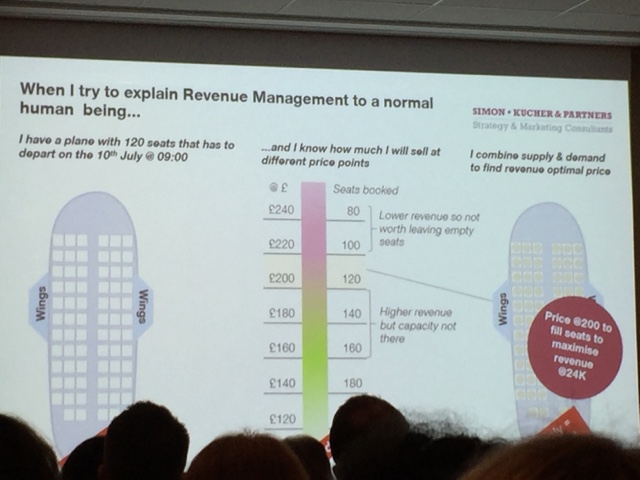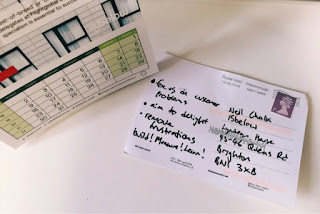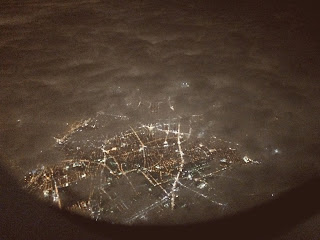Challenges in travel technology - a holiday makers perspective

I love travelling, not because of going to new places - although that is great! - but because I enjoy the journey. Mainly because I'm a travel and systems thinking nerd. My latest holiday was a chance to look at airlines and airports in a different way. Scheduled flights to hubs for business are one thing, package holidays to small airports proved another thing entirely. In fact, comparing Gatwick airport to Heraklion it is a good example of this quote The future is already here – it's just not evenly distributed. William Gibson It got me thinking about two major challenges to objectives of the IATA fast travel program being the norm across the whole industry. Culture The first is customer culture. Self-service common use technology is still in its infancy. Previously there has been a consistent expectation for example of what travel means, and how desks work, this is now being replaced with different tech and varying security rules. For example, even a large...








